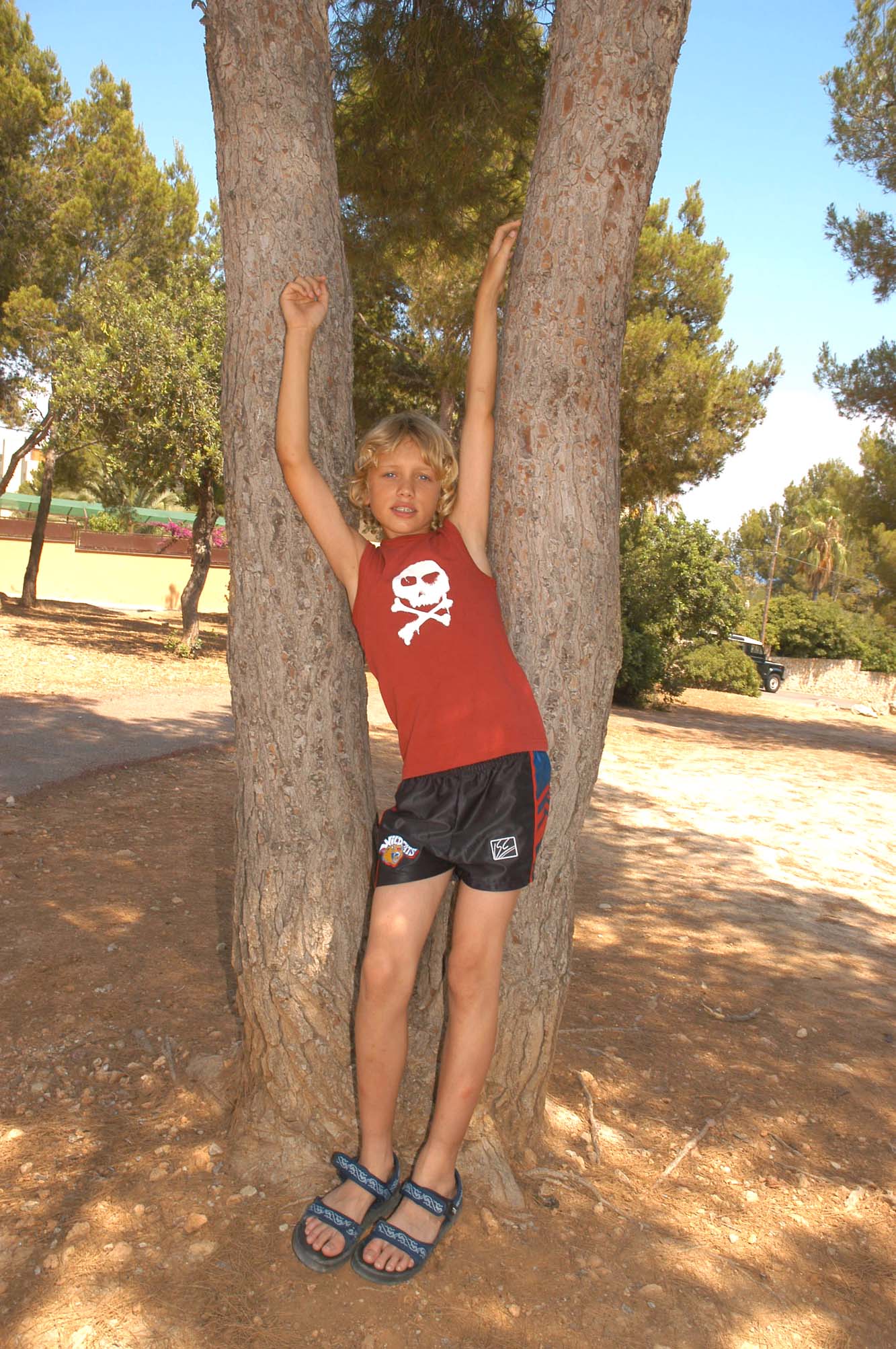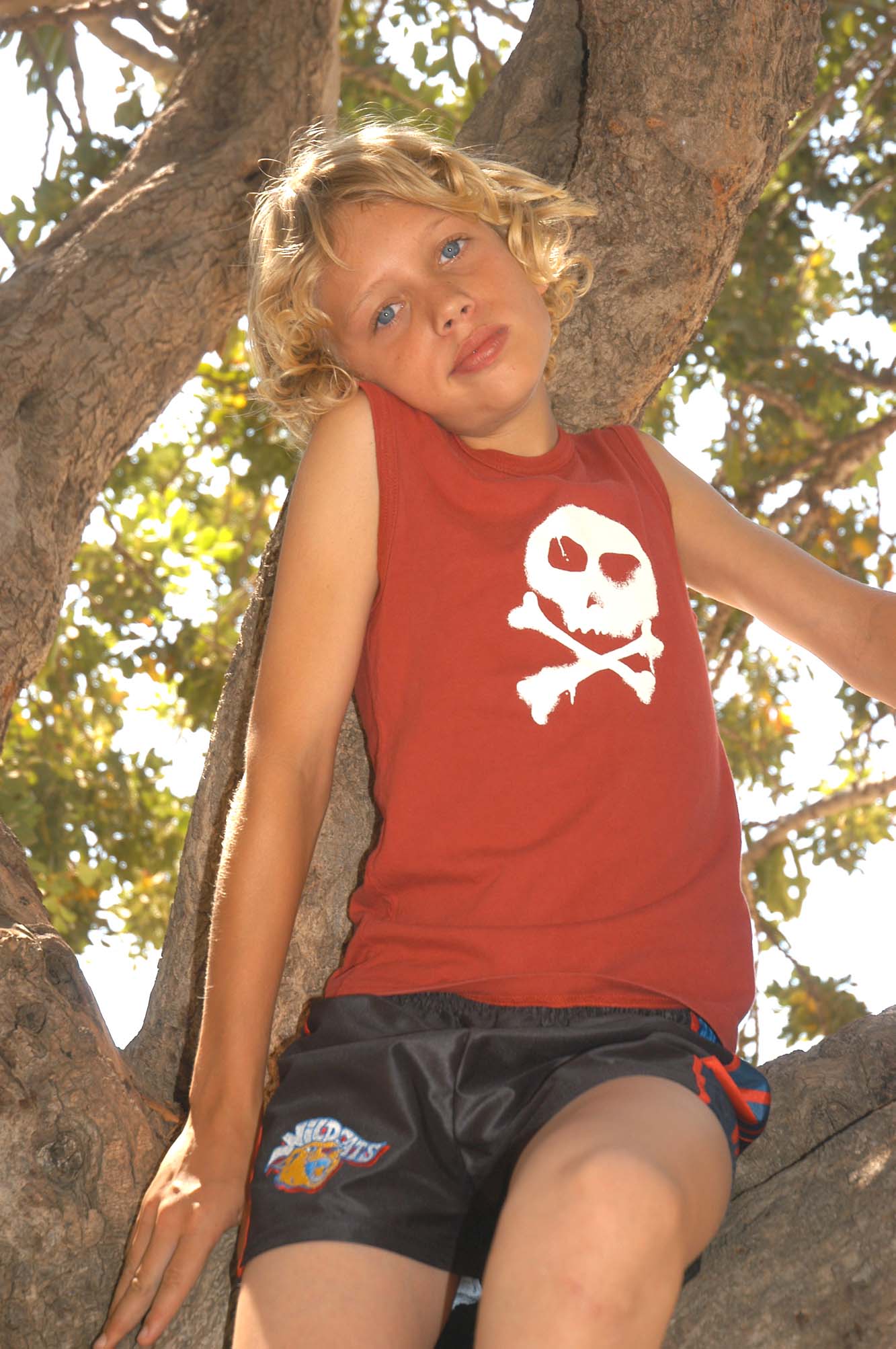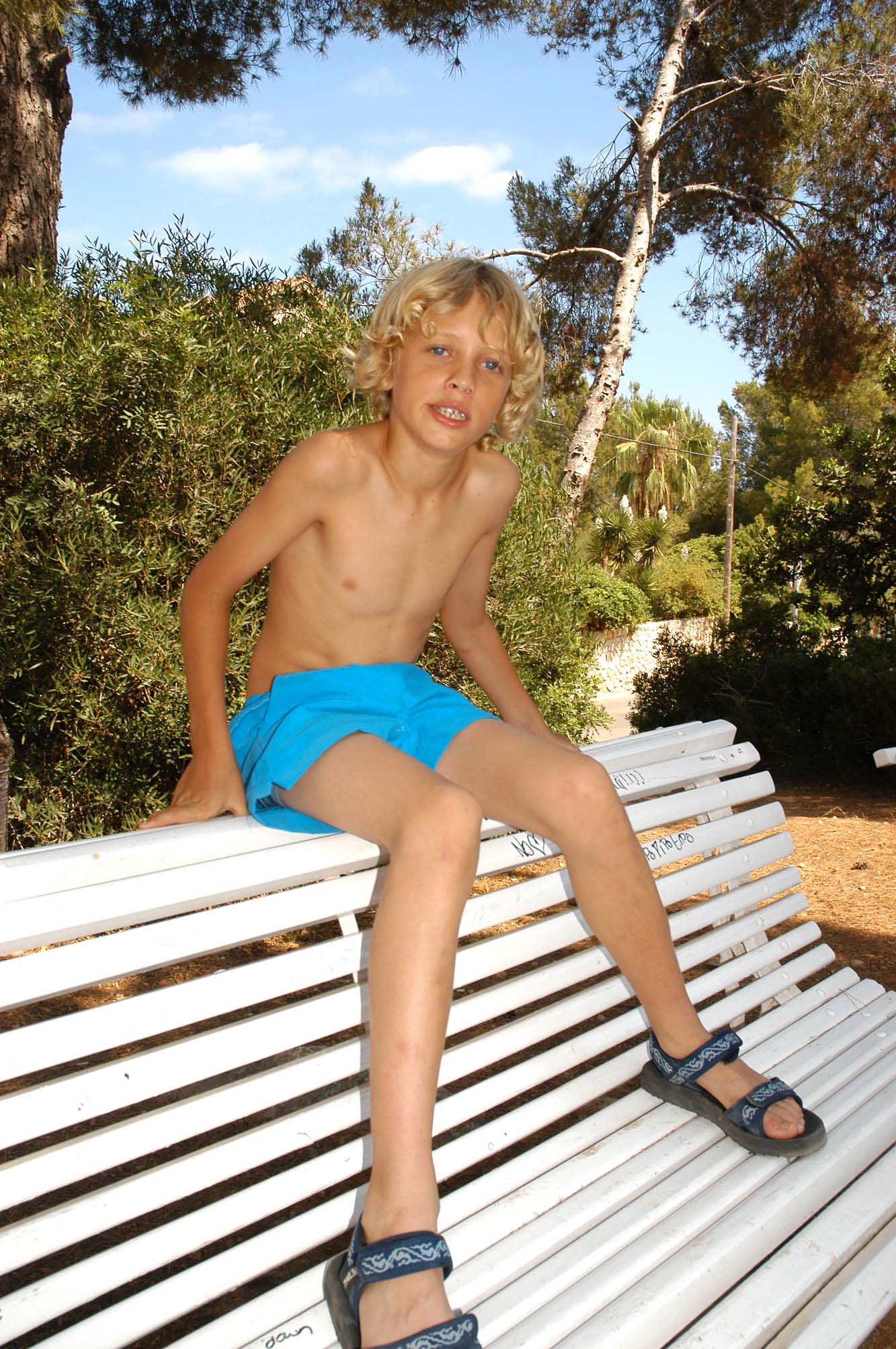This is Andreas. He is a cute blond boy. Enjoy his first CD:



Please ignore the rest of this post.
Blond baby names include names for boys and girls meaning white, fair, golden, or blond. Many are Irish, Welsh, or Scandinavian in origin, as these countries historically produced a lot of fair-haired people. Some of the top blond baby names include the Irish names Finn and Finley, the latter of which ranks for both sexes.
Along with Finley, other girl names that mean blond in the US Top 1000 include Aubrey, Aurelia, Fiona, and Teagan. In addition to Finn, other boy names that mean blond in the US Top 1000 include Gavin, Finley, and Finnegan.
In addition to popular blond (or blonde) baby names, you can find many more unusual names meaning blond on this list, like Fenella (which is more popular in England), Flavia and Finnian.
If your baby has blond hair — or you’re expecting a little towhead — here’s a selection of the best boy, girl, and gender-neutral baby names that mean fair or blond.
I look like my father, move like my father, talk like my father. When I was a child and we went places together, we were a full-size and miniature version of the same windup toy, our strides clipped and jolting, brows clenched in concentration, pale legs eerily glowing in the brilliant Miami sunlight. I am unmistakably my father’s daughter, but we’re estranged from each other. The last time I saw him, more than a decade ago at my grandfather’s funeral, he gave me a kiss. I don’t expect he’ll kiss me again.
I sympathize. I have loved my father and I have feared him, and I have lain awake in the dark late at night worrying what it means to have half his genome inside me, but I have never understood him. Sometimes I have felt that if I could just reach down far enough into myself, I would find the answers: what he wants, what he fears, what he loves. The older I get, the more I search backward, as though if I could know everyone who led to my father, who made him who he is, I would know him, too.
Download Boy Model Photos
He believed in loyalty to blood, by which he meant our Mississippi Delta ancestors. He was the only person I knew, growing up in Miami, who defended slavery. More than a hundred years after the Civil War, my father actively mourned its abolition and raged over integration. Being an educated man, with a Masters from a northeastern Ivy League university he’d attended on scholarship, he was careful not to share his opinions with just anyone. But at home, he recounted the glories of the Old South, cut Black children out of my storybooks, or painted over their faces. White people were superior, he said. And I, as a result of being his child, was more superior still. I was not a boy model.
I came into being through a kind of homegrown eugenics project. My parents married not for love but because they believed they would have smart children together. This was my father’s idea, and over their brief courtship he persuaded my mom of its merits. Not uncoincidentally, nearly every early memory I have of my father involves letting him down in some way. He spanked me if I failed to finish everything on my plate in the half hour he allotted for each meal; he spanked me for being constipated; he spanked me for watching Sesame Street, because Black and white children played together on it. He didn’t spank me if I made less than an A on a math test, but berated me for weeks afterward and made long-division quizzes to occupy my weekends.
My dread of his wrath was a dull, continuous ache, a mental, physical, and emotional rheumatism that felt endemic to me. My mom tells me she came upon him, when I was eighteen months old, leaving a box in the middle of my room and telling me not to touch it, that I’d get a spanking if I did. She watched as he watched through a crack in the door until I did stick out my finger and make contact, whereupon he rushed in to deliver the discipline he’d promised. So I suppose the fear truly was formative.
My mom is a blond-haired, amber-eyed whirlwind of charisma, creativity, and passion, the best storyteller I know. She agreed with reluctance to date my father and then, convinced by the picture he painted, married him with pragmatic resolve six months later. They would have smart children; she would stay home and keep house; he would be a stable husband, parent, and provider, a corrective to her own fatherless childhood. My father didn’t know that she’d only recently kept more than thirty cats in her small two-bedroom house and been featured in the newspaper as president of the Dallas cat club. Membership had really taken off during her term, which isn’t surprising; she’s always been a gifted evangelist. By the time my father started courting her, she’d found homes for all but three cats. She’d also been divorced and followed up her first marriage with a soul-crushing affair. Less than a decade later, my mom started a church in our living room, ministering to downtrodden people rather than stray animals. When we went to the grocery store, she wore a blue pin with white lettering that read, i got it!, “it” being Jesus, as she gladly told anyone who asked and many who didn’t. She had not been raised religious, but when her conversion came, it was swift and feverish.
Cute Blond Boy Photos
My parents’ marriage somehow lasted twelve years. My sister’s birth six years in didn’t halt their arguments, which overflowed into lakes of Corningware and casseroles and condiments and juices that my mom threw from the stove and fridge across the floor before roaring away in the car. Toward the end of their time together, my father would wake her in the night with a flashlight lit under his face. “And furthermore,” he would say, continuing an argument they’d been having hours earlier.
In my younger years, I viewed storytelling as an inherently positive part of myself, something to be proud of that came from my mom. Yes, my mom told stories, but so did my father. My father showed me cute blond boy photos, too. One in particular he told again and again, a fable intended to bolster his maxim that Black and white children should never mix.
As a boy my father often played with Mann, the son of his grandmother’s onetime housekeeper. One day, my father was counting his quarters in front of Mann. When Mann left, my father discovered he was missing a quarter. He counted several times to make certain but still came up short. Soon Mann came whistling up the street with a six-pack of Coke.
At that time, a six-pack cost here my father paused for dramatic emphasis, to give his young listeners a hint that this was a time for deductive reasoning exactly a quarter. My father asked Mann where he’d gotten the six-pack, and Mann said he’d bought it. My father asked where he got the money. Mann said he’d saved it up. Because of the missing quarter, my father knew Mann was lying. The adults agreed. Mann was punished, and my father never played with him again. Thus, my father said, no Black child could be trusted, ever. This was the lesson my sister and I were to take from his experience.
Even as a child, I realized Mann was a strawman (though I didn’t know the word). The fact that this one child had supposedly stolen a quarter from my father didn’t mean that every Black kid stole quarters. Also, having played Monopoly with my father, I could easily imagine him counting his change and lording it over his grandmother’s servant’s son. My sympathies lay with Mann, who in my father’s story had the temerity to take action against him.
My father easily filled the role of “racist parent” when I was a child. But my mom sat by as my father told my sister and me that story. In his presence, she neither endorsed nor rebutted it. When he wasn’t around, she despaired over and mocked his racism.


